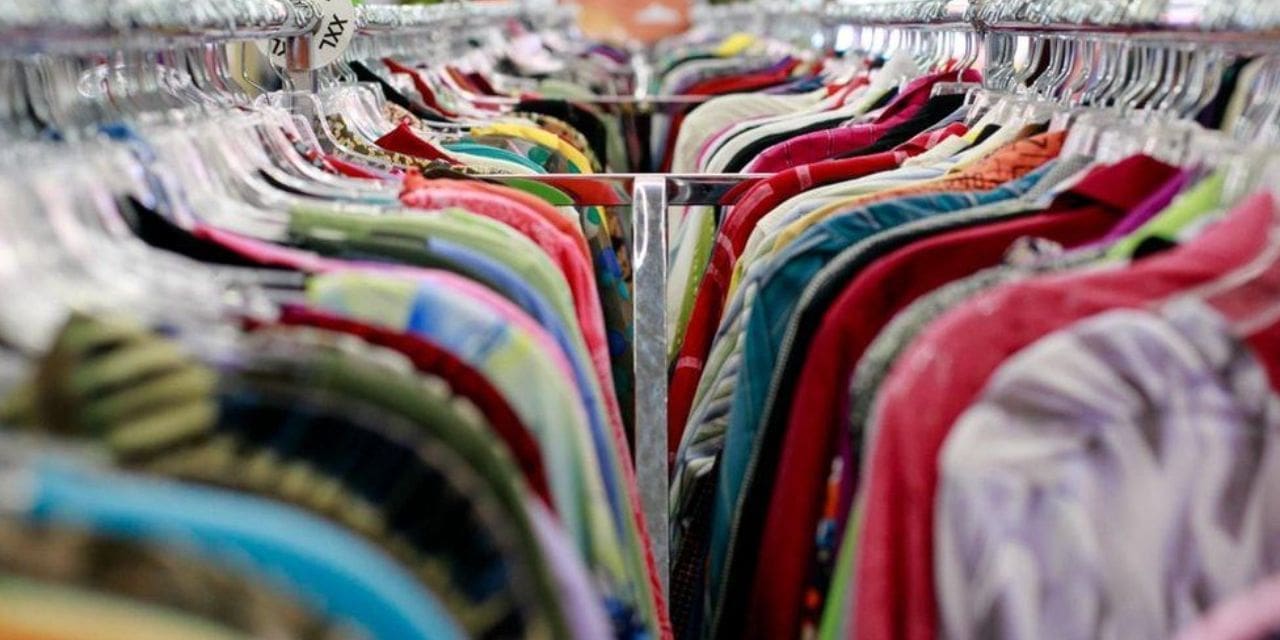The European Commission is developing a sustainable textile strategy to divert as many items as possible from both store shelves and peoples closets into recycling and reuse programmes by 2030.
The EU is also planning to set a limit to "fast fashion" import. Currently, each person in the European Union discards annually about 11 kg of textiles, mostly clothing. Several studies indicate that clothing that has been worn only seven to 10 times is frequently discarded. This is completely untenable. The European Commission is therefore developing a textile strategy. According to the proposed plan, all textiles sold on the EU market by 2030 must be durable and recyclable. & clothing should be made from eco-friendly fibers: these are recycled fibers, free of harmful compounds and produced with environmental and social rights in mind,& Vivian Loonela, the head of the European Commission & Estonian representation, told ERR. This includes a reduction in the flow of fast textile production chains into the EU. While & “quick fashion” is less expensive, the products are often of lower quality and have a higher environmental impact, Loonela explained.
The spring strategy presented by the Commission elaborates on the following goals: to reduce the number of collections per year, take responsibility, act to minimize ones carbon and environmental footprint. It is also important to think about where these products are manufactured and the employment conditions of the workers." There are no intentions to expand the quota system already applied to textile industry.
Another major issue is the disposal of textile waste. Textile consumption is the third most negatively affected factor within the Union, after water and land use, and the fourth most detrimental factor on the environment and climate change at large. It has been agreed that beginning from 2025, separate pickup of textile waste will be mandated everywhere in the European Union. Member states are now incorporating these guidelines into their legal frameworks. Textile waste is a quickly growing export item, in particular to non-European countries. Loonela said the Commission has proposed restrictions on that as well. "If they are to be exported from the OECD, the worlds richest economies, this should only be done if the destination country notifies the Commission that it is willing to accept the waste and can handle it responsibly. It should not be the case that clothing is piled up in the European Union and then dumped somewhere in third countries. All of these anticipated improvements could bring about the creation of platforms for clothing exchange and renting, for example. We have done a lot of good work in Estonia with the European Commission Representation, the Reuse Centre and Reet Aus to show people how textile sorting works and how old textiles could be recycled into new: what could be thrown away and what should be reused, and people have responded positively." Member states are now discussing the proposed plan. Loonela added that the EU Council will likely adopt the policy by the end of the year.

